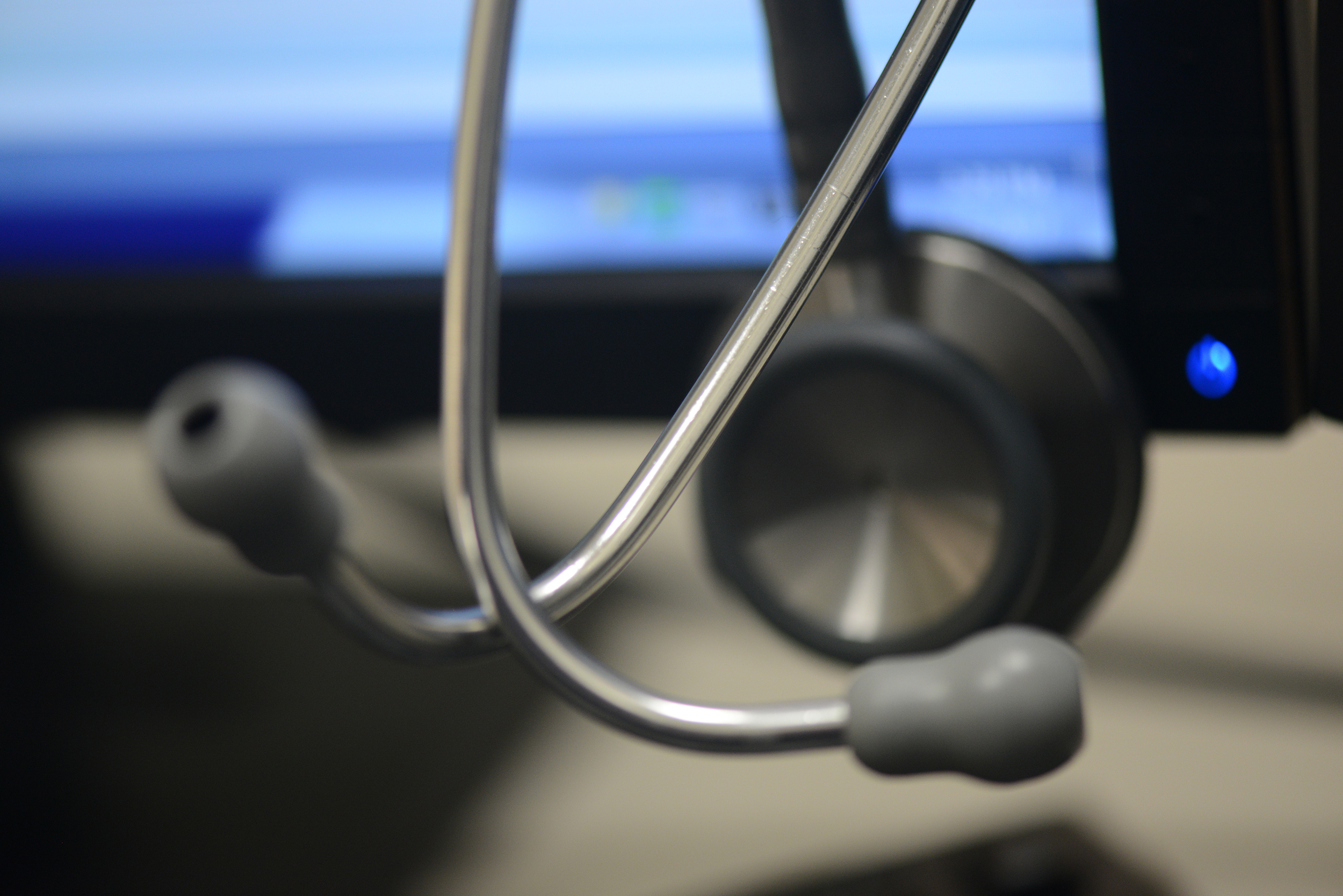Ambulatory Surgery, also known as outpatient surgery or same-day surgery, refers to surgical procedures that do not require an overnight hospital stay. These surgeries are performed in ambulatory surgery centers (ASCs), hospital outpatient departments, or specialized clinics, allowing patients to return home the same day after a short recovery period.
Common ambulatory surgeries include cataract removal, hernia repair, gallbladder removal, colonoscopies, orthopedic procedures (such as knee arthroscopy), and cosmetic surgeries. Advances in medical technology, minimally invasive techniques, and improved anesthesia methods have made it possible for many procedures to be safely performed on an outpatient basis.
The benefits of ambulatory surgery include lower costs, reduced risk of hospital-acquired infections, shorter recovery times, and greater convenience for patients. Since these procedures do not require extended hospital stays, they are typically more affordable than inpatient surgeries. Additionally, patients recover in the comfort of their own homes, often leading to better overall satisfaction.
Health insurance plans usually cover ambulatory surgery if it is deemed medically necessary, but coverage may vary depending on the procedure, provider, and facility. Patients should check with their insurance company to understand costs, deductibles, and out-of-pocket responsibilities before scheduling a procedure.


